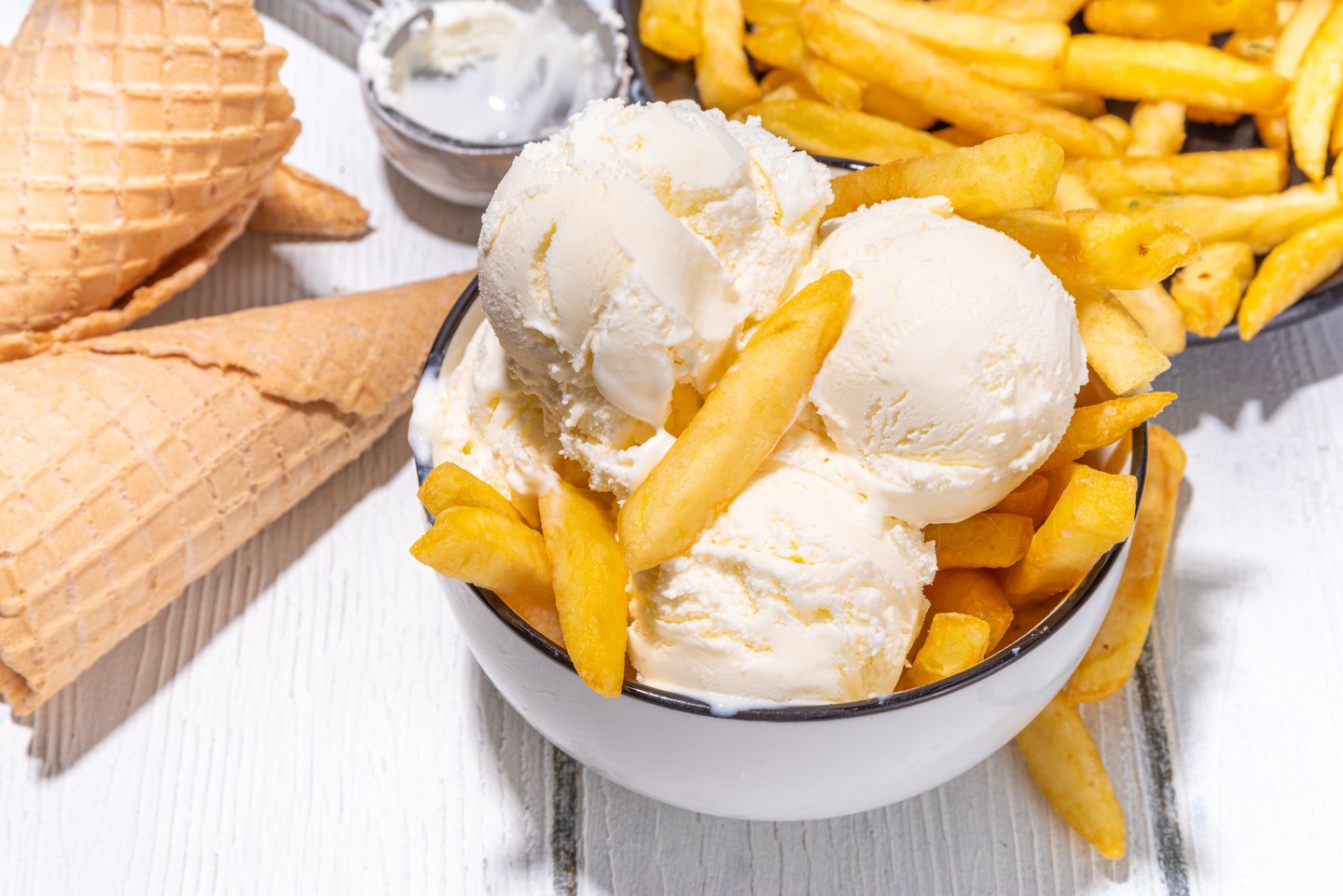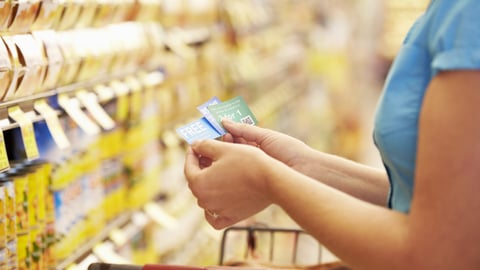Consumers seek balance between health and indulgence when it comes to food, report says
Dear consumer, to quote the famous lyrics of Canadian pop star Avril Lavigne, why'd you have to go and make things so complicated? For instance, you say you want to eat healthy but are committed to enjoying sugary products. In fact, recent research indicates you’re even treating yourself to fun, fatty food combinations, like French fries with ice cream (and doing so guilt-free!)
As for the economy? You’re stressed about household finances and want to reduce your grocery bill. Yet, you’re seeking to add innovation to the meals you put on the kitchen table.
The contradictions in consumer attitudes and behaviours towards food and drink can be confounding. Fortunately, these dualities are identified and analyzed in Mintel’s 2025 Global Food & Drink Trends – Americas report, which the global market intelligence firm highlighted in a recent webinar.
“When we’ve presented trends over the years, we receive very astute questions from our audience like, ‘Aren't there some elements that contradict each other? Or cancel each other out?’” says Jenny Zegler, director, Mintel Food & Drink and Global Consumer. “And that’s where we started this year—we wanted to explore those contradictions, dualities and paradoxes within consumer behaviour.”
Where attitudes and behaviours are most obviously at odds is in how consumers traverse health and indulgence. But a deeper dive reveals the two can be directly related.
According to the 2025 trends report, 45% of Canadians eat comfort food to relieve stress. This includes during snack breaks, which 54% of Canadian snackers agree is important for their mental well-being. In the U.S., 37% of Americans eat comfort food and drinks for stress relief, with 75% of them consuming soft drinks to treat themselves.
Melanie Zanoza Bartelme, associate director of Mintel Food and Drink, who also participated in the webinar, says North American consumers work hard and believe they deserve tasty treats. But it also speaks to a newer trend Mintel identifies as “rule rebellion,” a desire by consumers to break the “invisible rules” around food consumption norms.
READ: How grocers can reconnect with digitally savvy gen Zs through better-for-you snacking
Of this mindset, Zanoza Bartelme says consumers are telling themselves, “’I’m not perfect and I’m going to lean into that. I’m not just going to [treat myself with] the usual suspects…I'm going to really have fun with it. I'm going to look to social media. I'm just going to kind of go wild in what I'm choosing to eat.’ And sometimes it’s going to be with new products. And sometimes that’s going to be in the way that we pair products together.”
Looking at Mintel consumer data globally, this leaning into rule-breaking and embrace of what Mintel calls being “perfectly imperfect” isn’t isolated to younger age groups, like the TikTok generation—though the social platform is driving a lot of food ideas. “People of all ages are interested in breaking the rules and bringing something new to their lives through food and drink,” says Zanoza Bartelme. “It represents a lower cost way to shake things up and get excited, and use that for their happiness and comfort.”
The 2025 Food and Drinks report states brands would do well to “help rule-breaking consumers feel more represented by creating products or campaigns inspired by unexpected behaviours, such as dipping French fries into ice cream.”
Some new products are helping satiate this desire. Coca-Cola and Oreo, for instance, recently partnered on two limited-edition mash-ups of their products: a Coca-Cola Zero Sugar Oreo soft drink and Oreo Coca-Cola Sandwich Cookies, both available at select retailers including Walmart Canada. “It combines the best traits of Coca-Cola Zero Sugar and Oreo,” says Zanoza Bartelme, “creating something new, but that’s based in familiarity.”
'Hybrid harvests'
Cost-of-living pressures are stressing out Canadians. Mintel’s research notes that they are feeling the pinch more acutely than Americans.
To wit, 81% of Canadians say the cost of living is something they worry about compared to 66% of U.S. adults. “That’s not to say it’s not a worry in the U.S., but it’s top of mind in Canada,” says Zegler.
These pressures are impacting how consumers prepare meals. For example, 28% of Canadians and 26% of Americans have changed their cooking habits to save money, such as by batch cooking or switching to cheaper ingredients, over the past year.
READ: The food we eat in the Ozempic era
Yet, they’re still willing to add a higher-cost ingredient to meals in the name of rule-breaking especially if there are affordable options on the market. “Private label represents not just an opportunity for consumers to save money, but really experiment with and try different products in line with rule rebellion,” says Zanoza Bartelme, pointing to Loblaw’s Black Label gourmet private label brand as a great example of helping consumers achieve that.
Mintel’s 2025 Global Food & Drink Trends – Americas also identifies a shift in “food as medicine,” from products fortified with antioxidants and minerals to food and drink that helps users of weight-loss drugs like Ozempic, who have reduced appetites and are looking to get the best nutrition from their diets—think foods high in protein and fibre.
And in addressing climate change threats to food and drink, the report also notes that manufacturers need to emphasize how technology and nature as well as traditional farming practices complement, rather than contradict, each other—a trend it calls “hybrid harvests.” Only 19% of Canadians think AI will help create more nutritious food and drink products, versus 25% of Americans, suggesting a big need for education on this topic.



